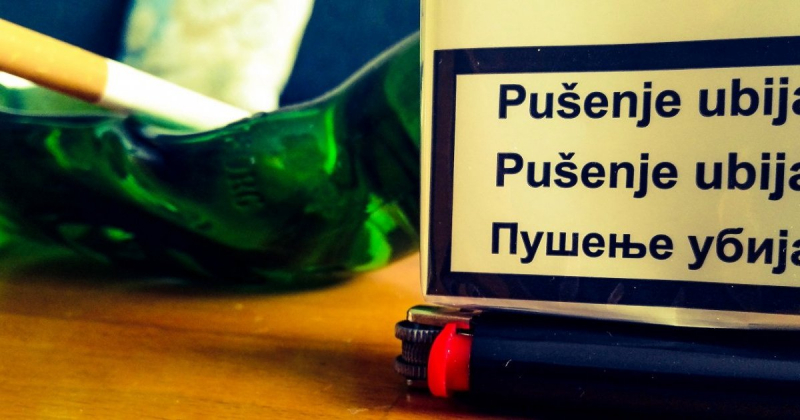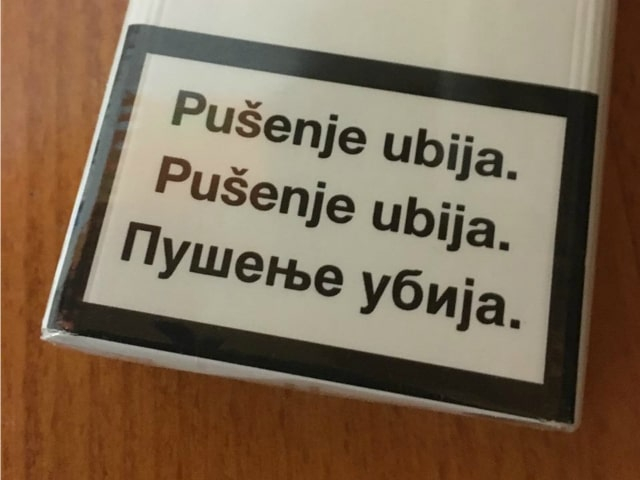Language
The two most frequently spoken foreign languages in the nation, particularly among the younger generation, are English and German. Young individuals in Bosnia and Herzegovina may be depended on to speak English fluently, while older people are more difficult to communicate with.
The findings are honestly varied when it comes to the individuals you're most likely to engage with, such as hotel/hostel personnel, waiters, bartenders, store cashiers, and so on. The employees at hotels and hostels will be fluent in the language, and the majority of waiters and bartenders will be able to explain anything you need throughout your encounters with them in English. Know about the language used in this country is absolutely one of the things to know before traveling to Bosnia and Herzegovina.
This is true in larger cities and tourist attractions, but don't be shocked if your waiter or cashier doesn't know English in a small village. Even so, the locals are kind, and if you happen to be near someone who speaks English, they will usually volunteer to interpret for you.
If you know certain Croatian, Serbian, or Montenegrin terms or phrases (and are confident in their meaning), they will have the same meaning in Bosnian. With the exception of a few minor grammatical differences, Bosnian, Serbian, Croatian, and Montenegrin are completely identical, and people will understand you flawlessly.












